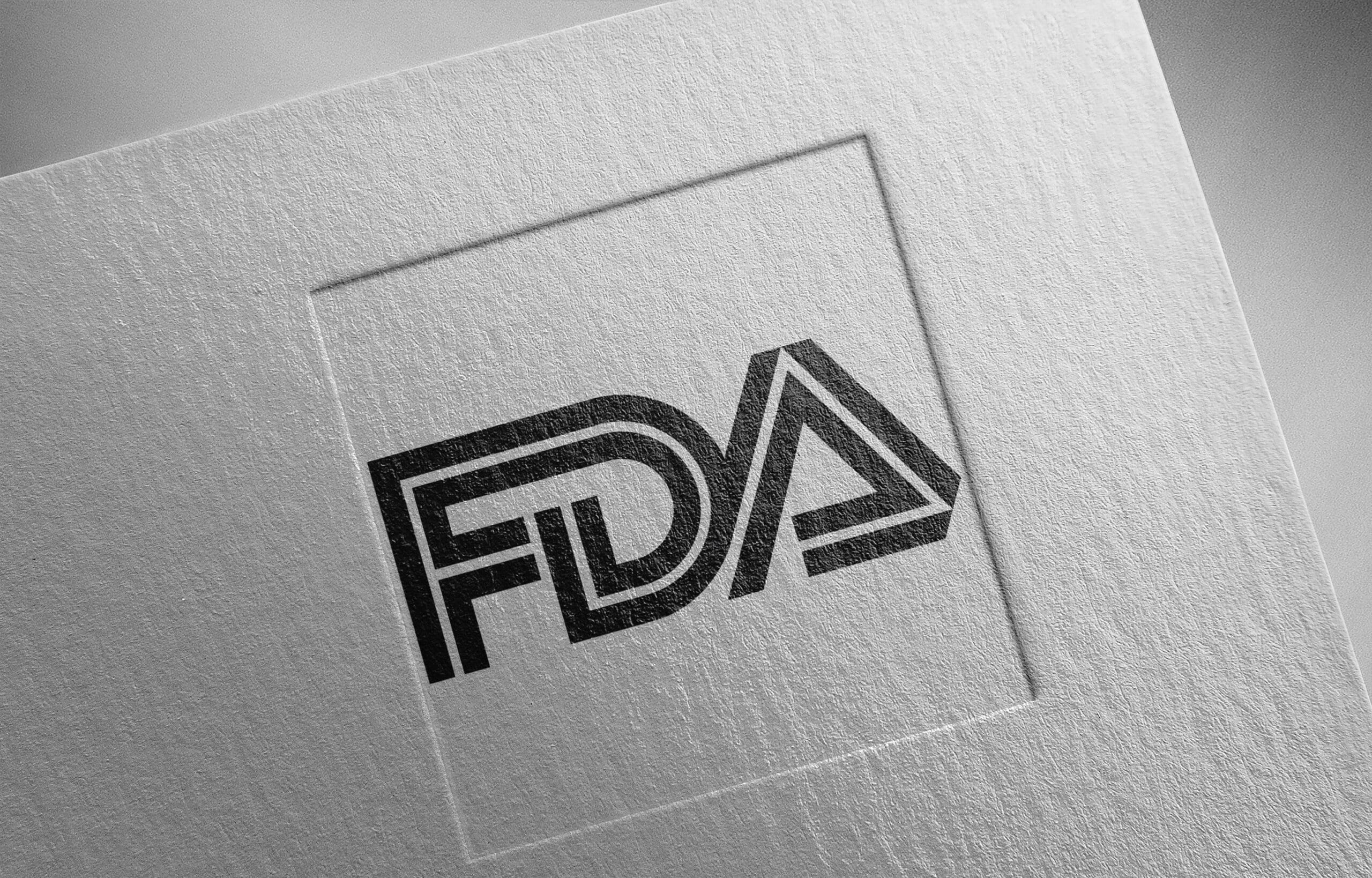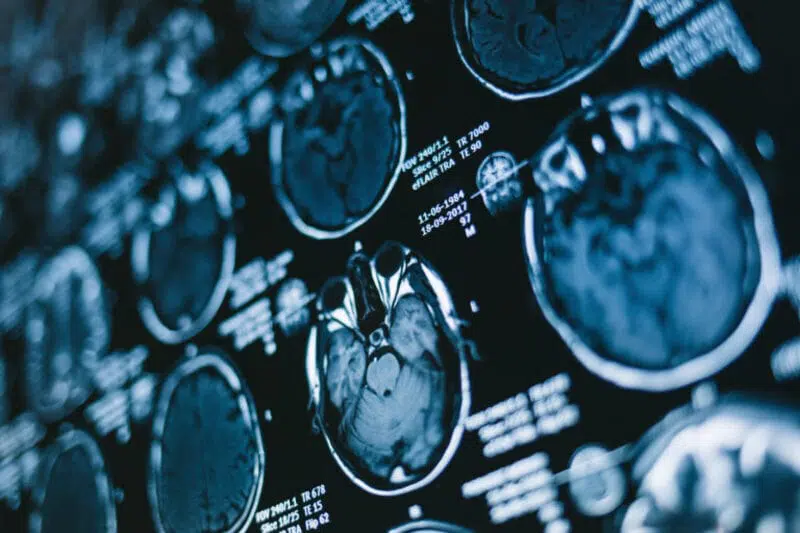-
- Market Research
- |
- CBD Near Me
- |
- Giveaways
- |
- Newsletter
- |
- Contact
- |
- Advertise
- |

Recently published results from a 1,061-participant, two-cohort CBD safety study officially completed on March 22nd address three of the most common safety and long-term health concerns associated with the hemp-based compound.
The study—implemented by the study platform Validcare partnered with 17 CBD companies—was structured to provide pointed data directly responding to the FDA’s concerns about CBD and elevated liver enzymes, drowsiness, and lower testosterone levels in males.
Here’s a summary of the key findings of the study—which recruited American participants from ages 18-75 to take CBD orally for at least 30 days—as reported by the U.S. Hemp Roundtable and the study itself:
Liver Function
At the end of the 30-day period, all participants were administered liver function tests (LFT).
Per the study authors, “There was no significant association between CBD dosage and LT [liver test] values,” meaning that CBD did not negatively impact liver function as previous findings have suggested.
Notably, the baseline liver function of the participant pool was not significantly different from the general population, none of the participants had clinical liver disease, and CBD’s influence on liver function was not affected by product source or form.
Testosterone
Men were administered both total testosterone (TT) and free testosterone (FT) tests at the end of the 30-day trial period to assess the effects, if any, that CBD had on these values.
Per the study authors, “There is a significant positive association between TT level and dose of CBD per weight (mg/kg).”
Drowsiness
Finally, the majority of participants (914 out of 1,061) participated in baseline and weekly sleep assessments throughout the 30-day period, which were administered using the Stanford Sleep Scale.
The authors found that consistent CBD usage resulted in consistently lower scores on the scale, which means CBD was effective in promoting “daytime alertness and less drowsiness.”
In light of these clearly identifiable data trends, the study authors concluded that CBD usage had no association with liver function impairment, testosterone deficiency or drowsiness during the day.
Considering the highly targeted (at the FDA) nature of the data and the size of the study, we will eagerly await the FDA’s response along with other industry watchers and report back to our audience as any developments unfold.







